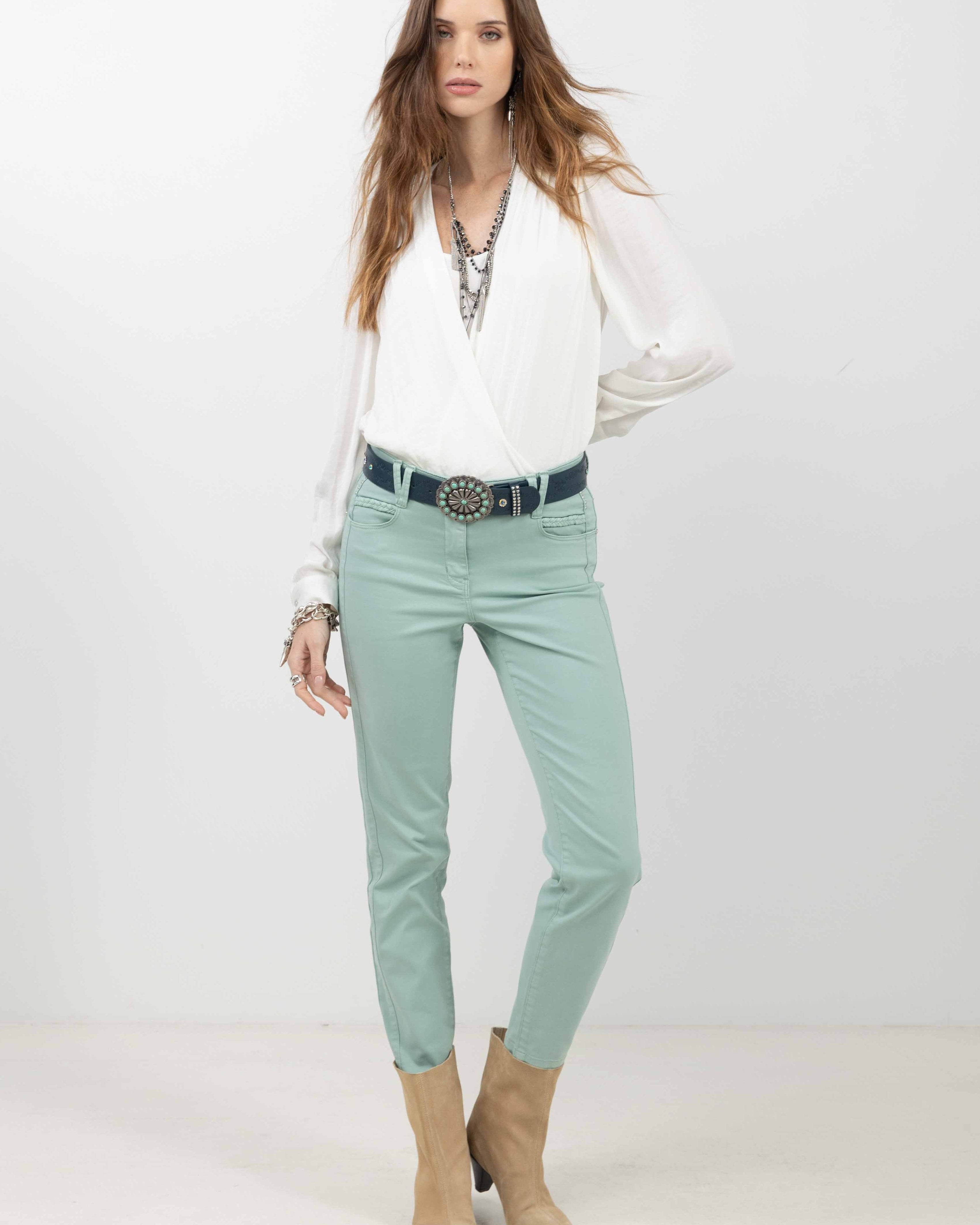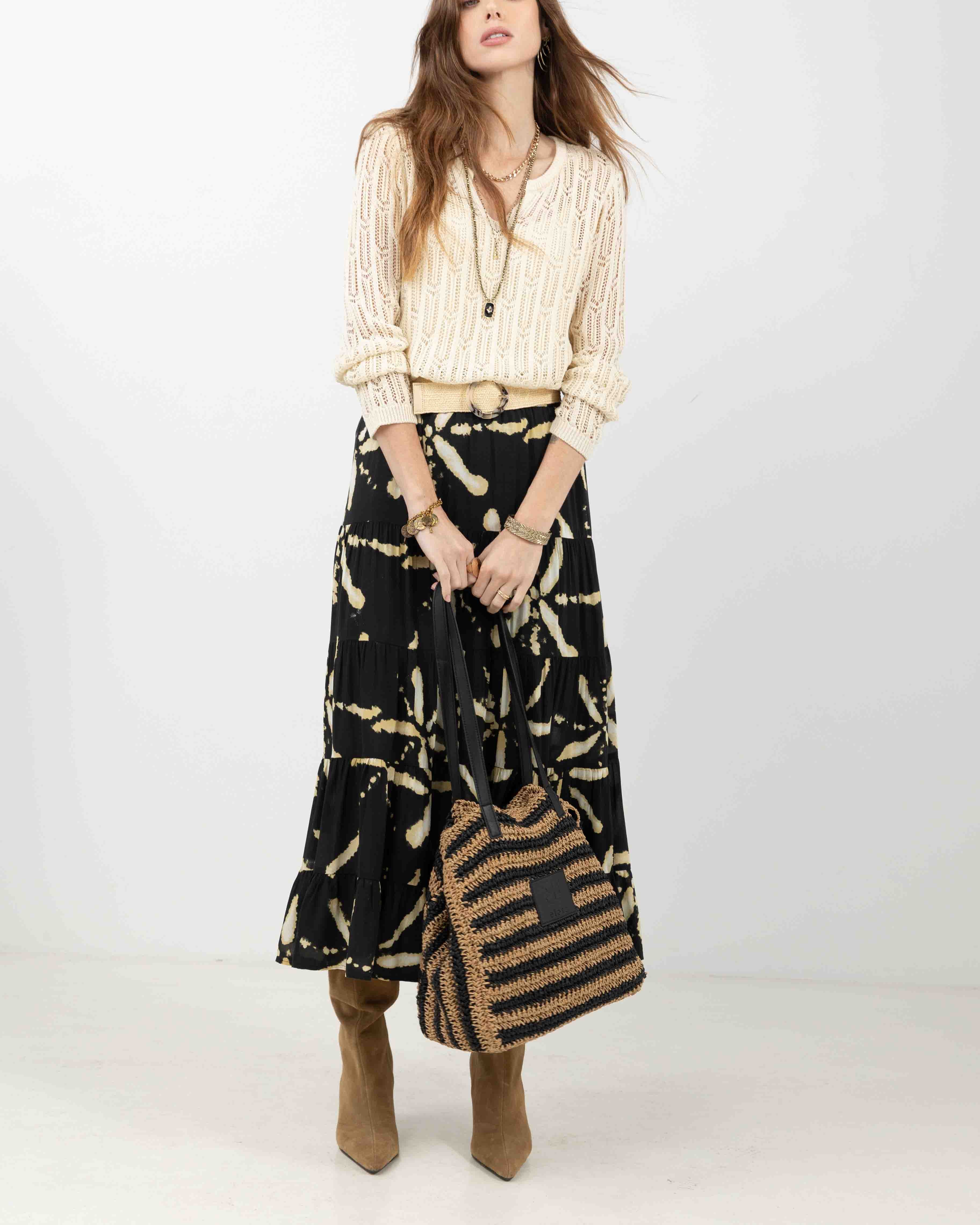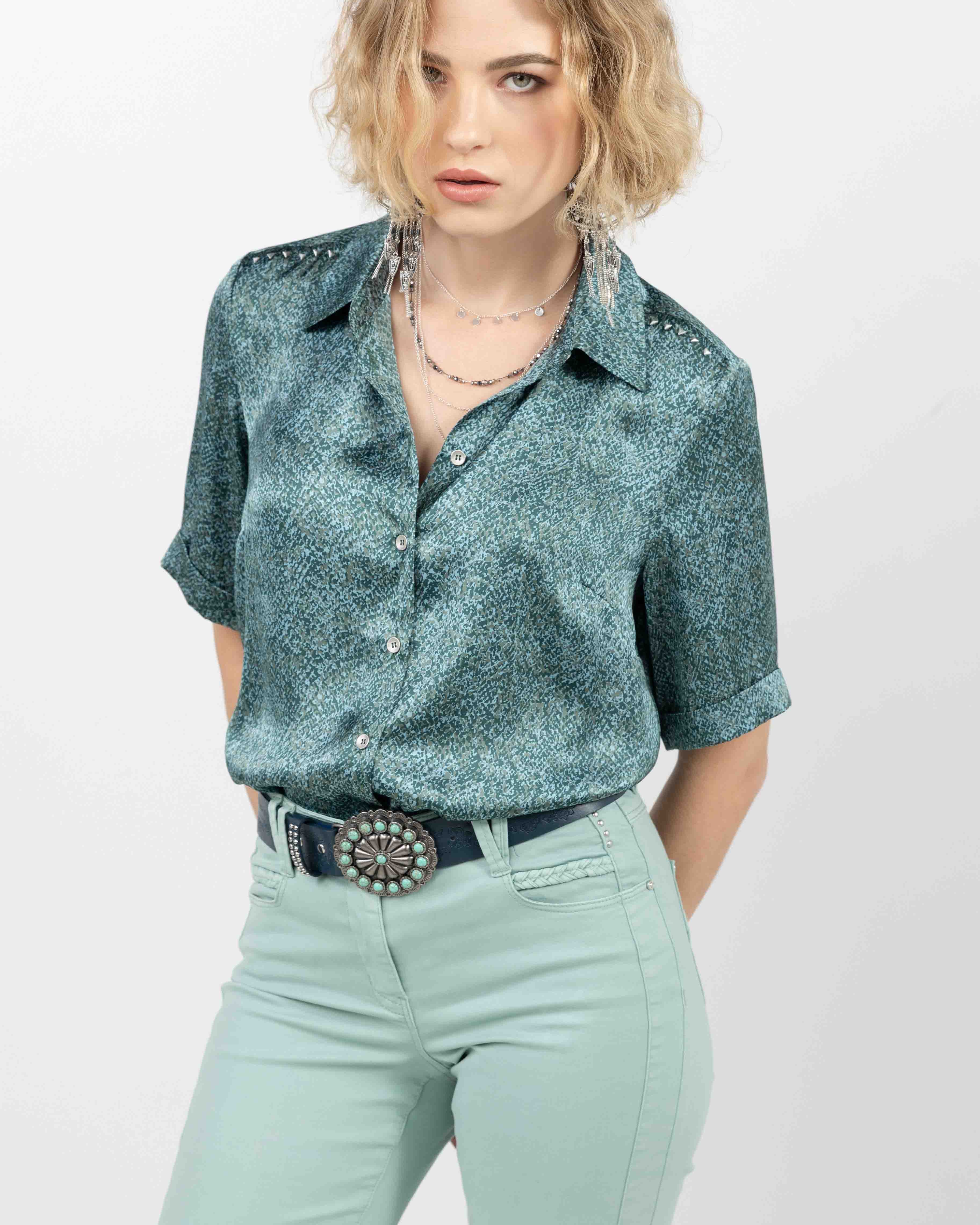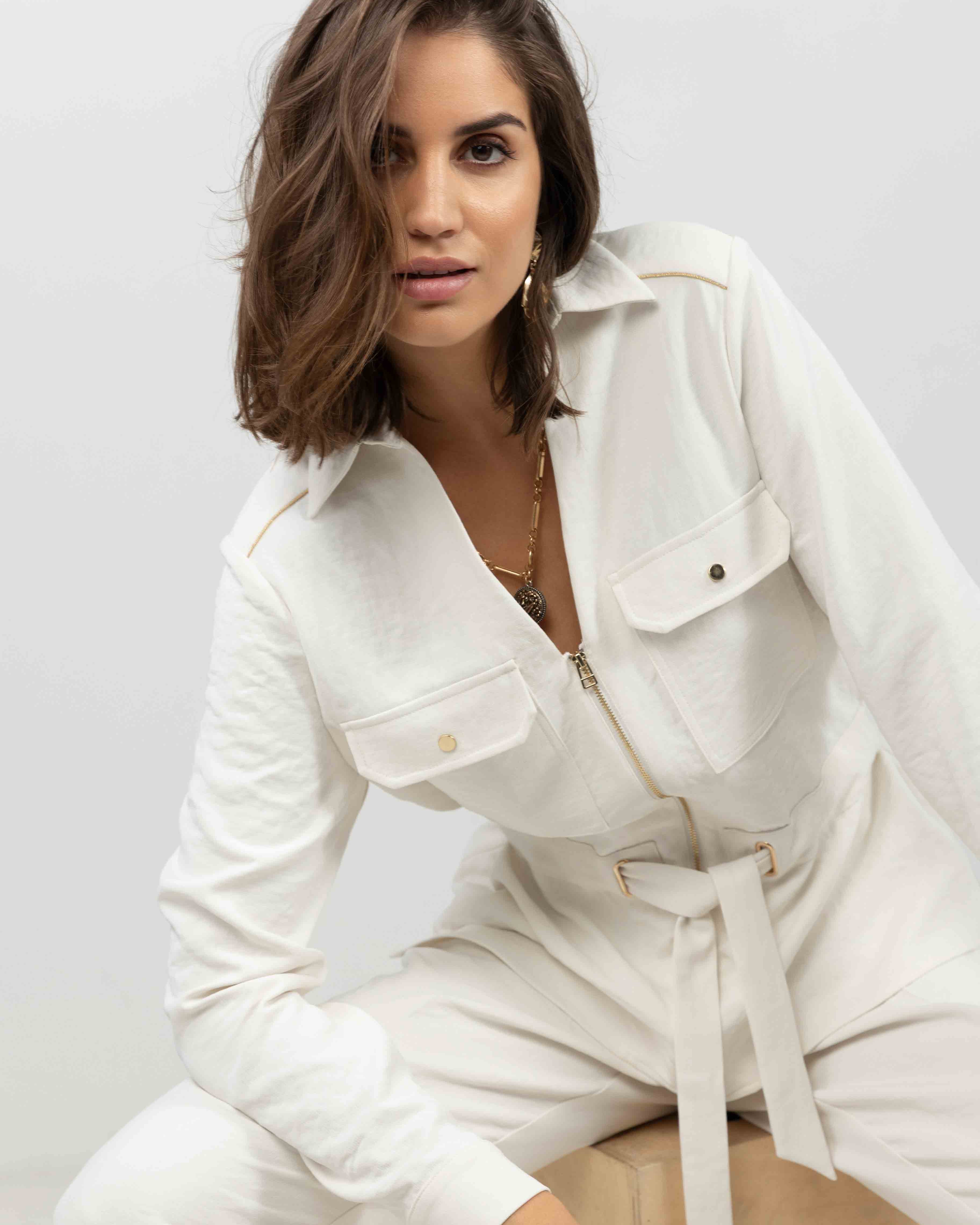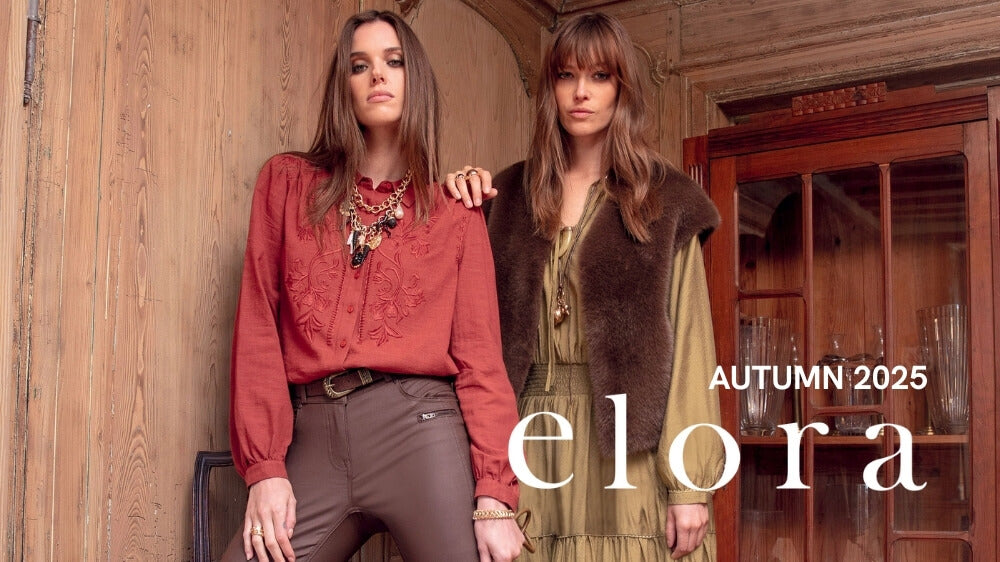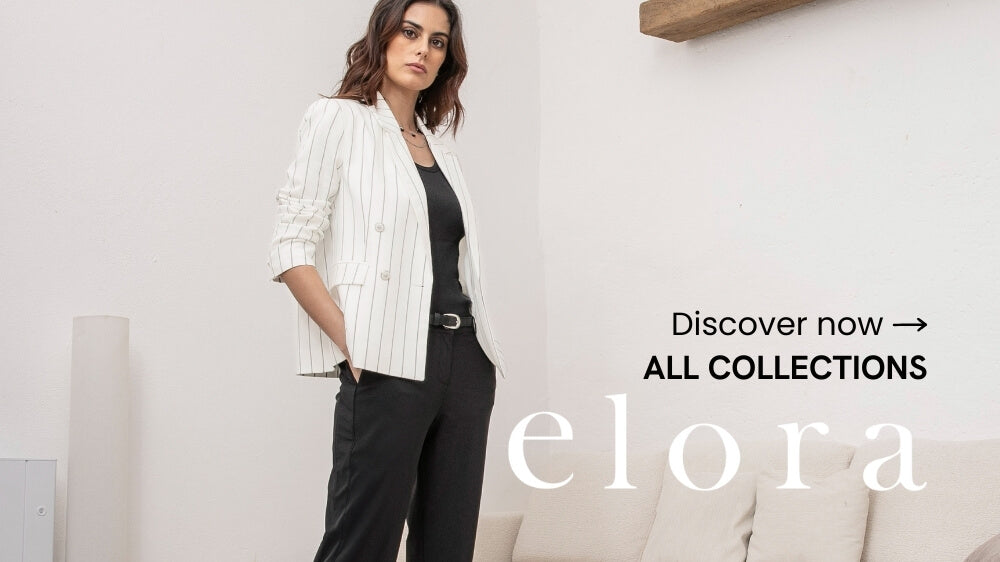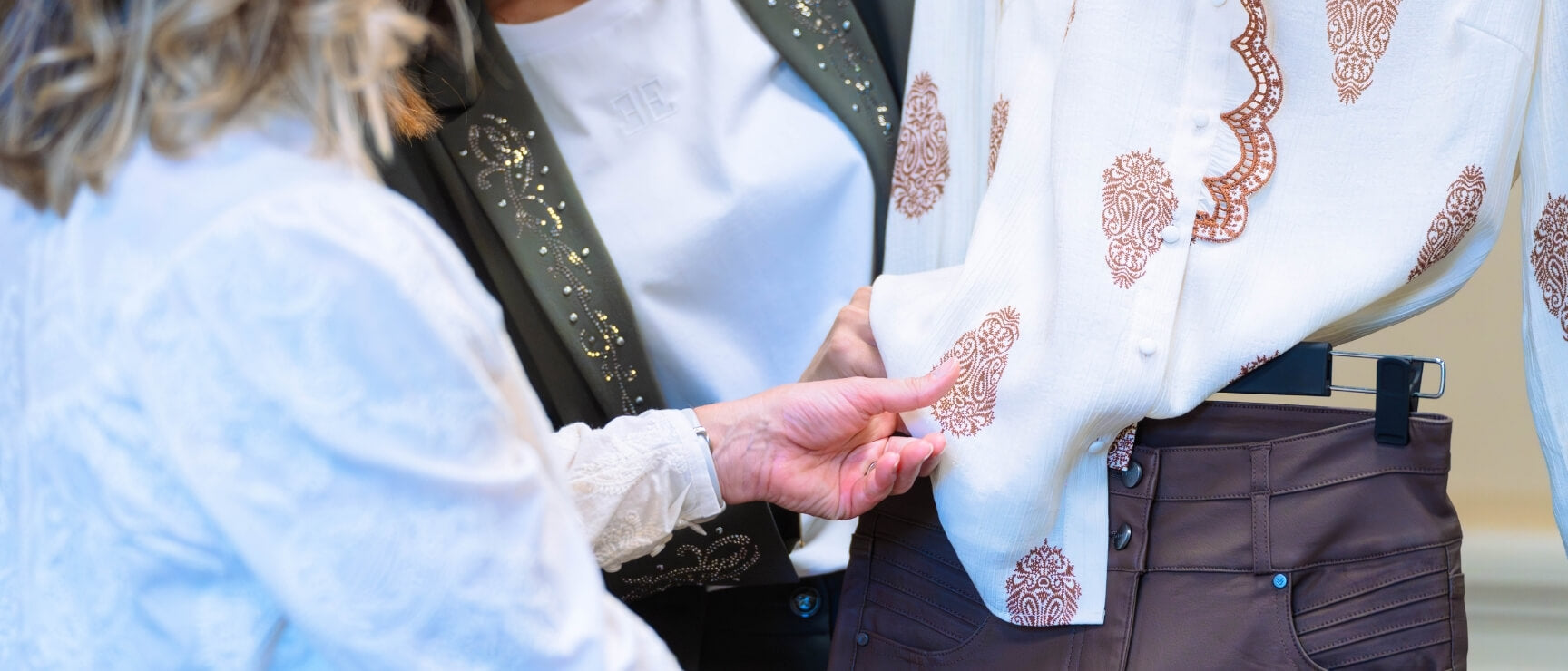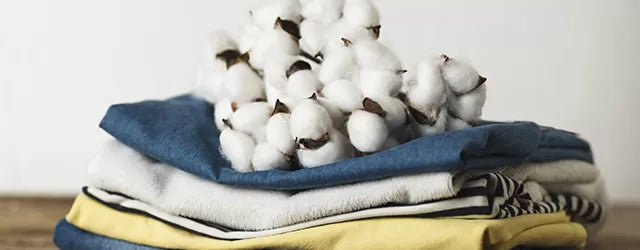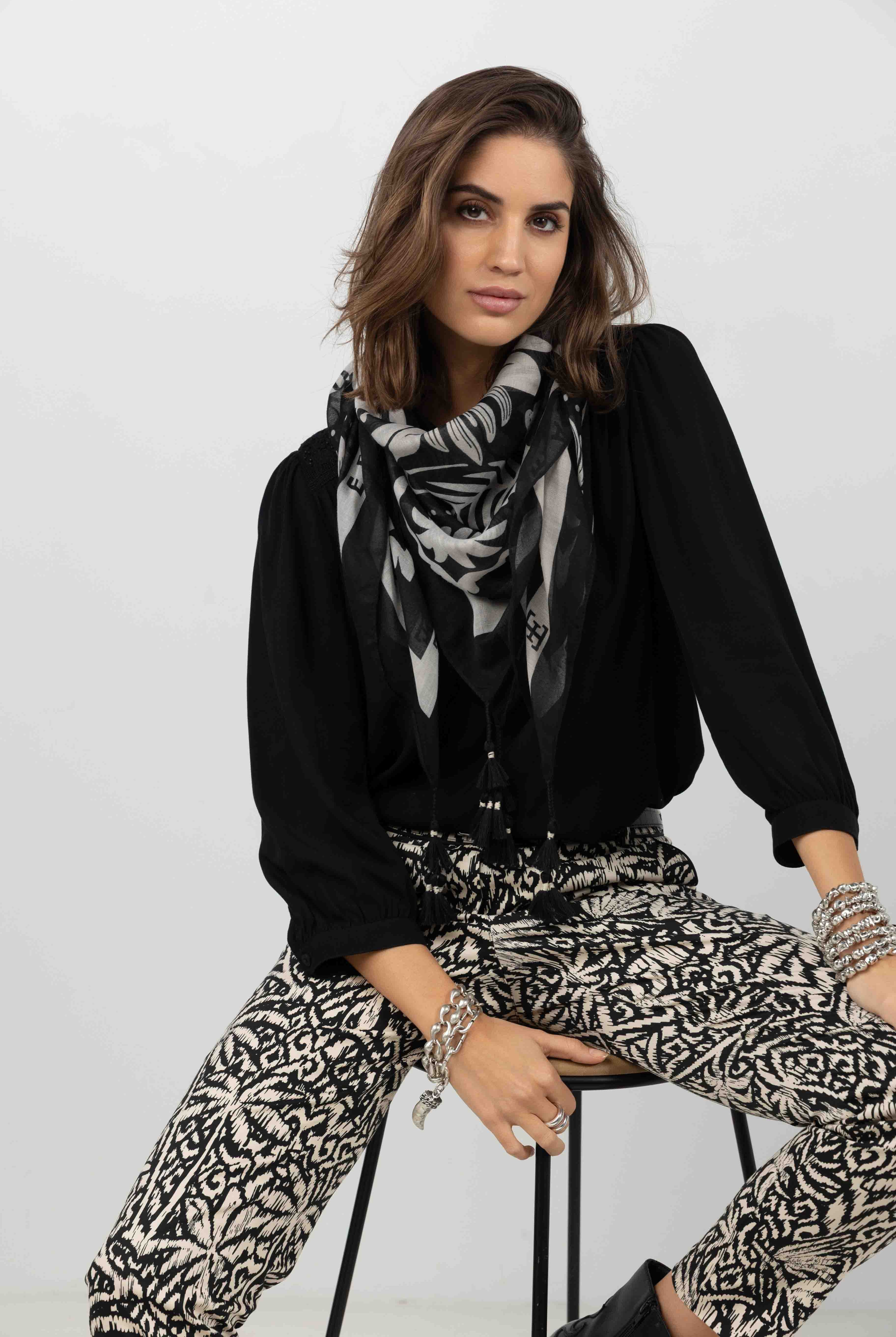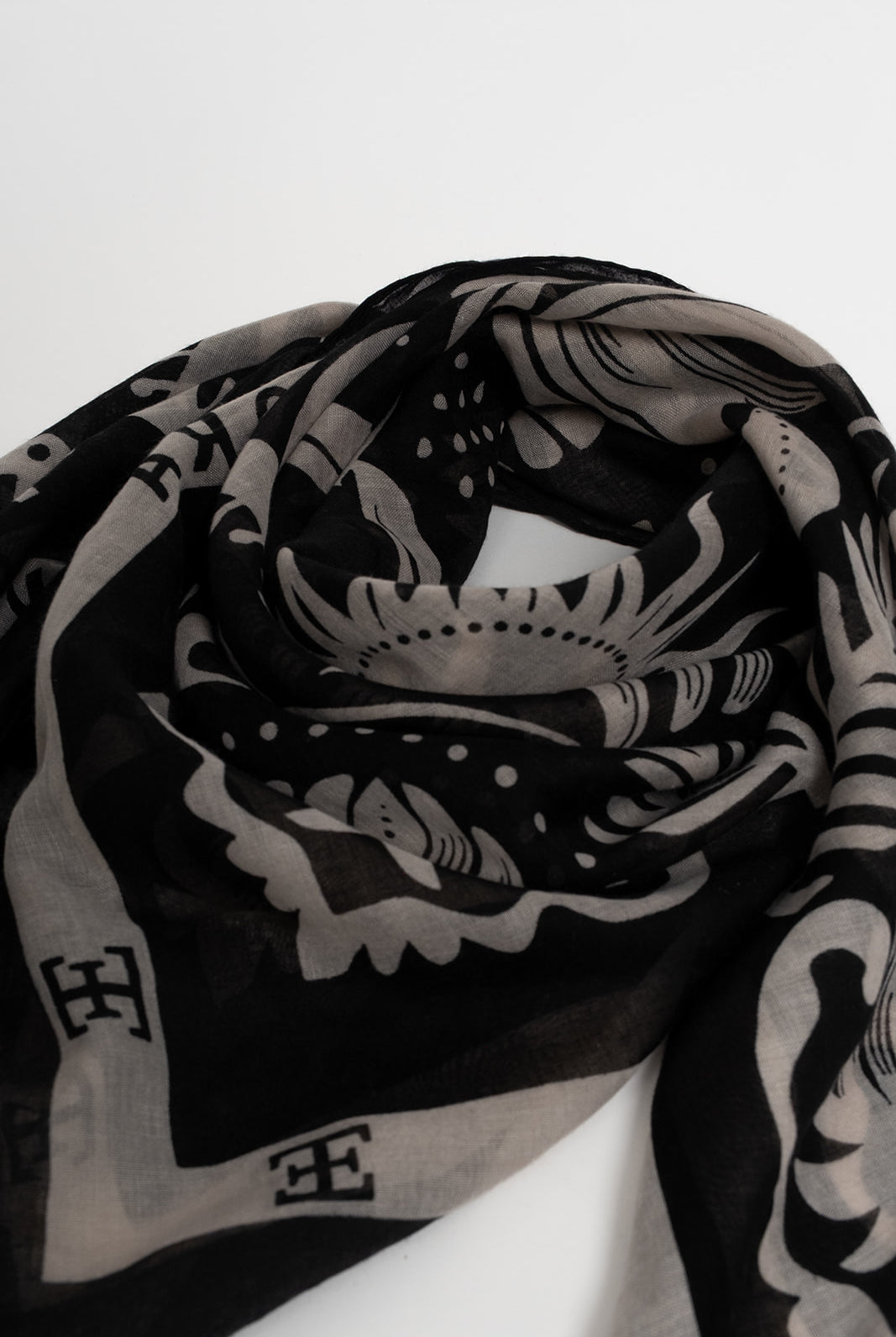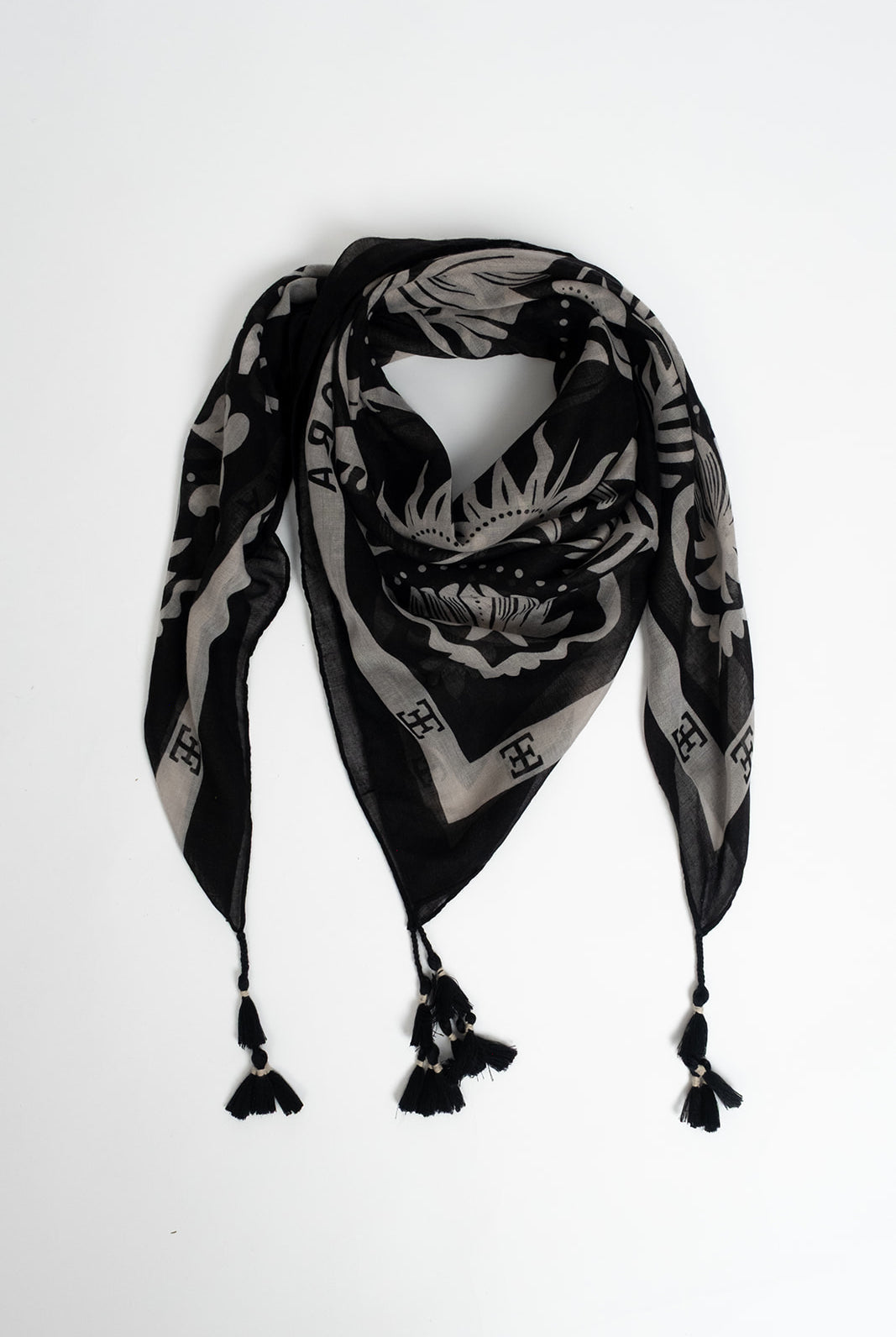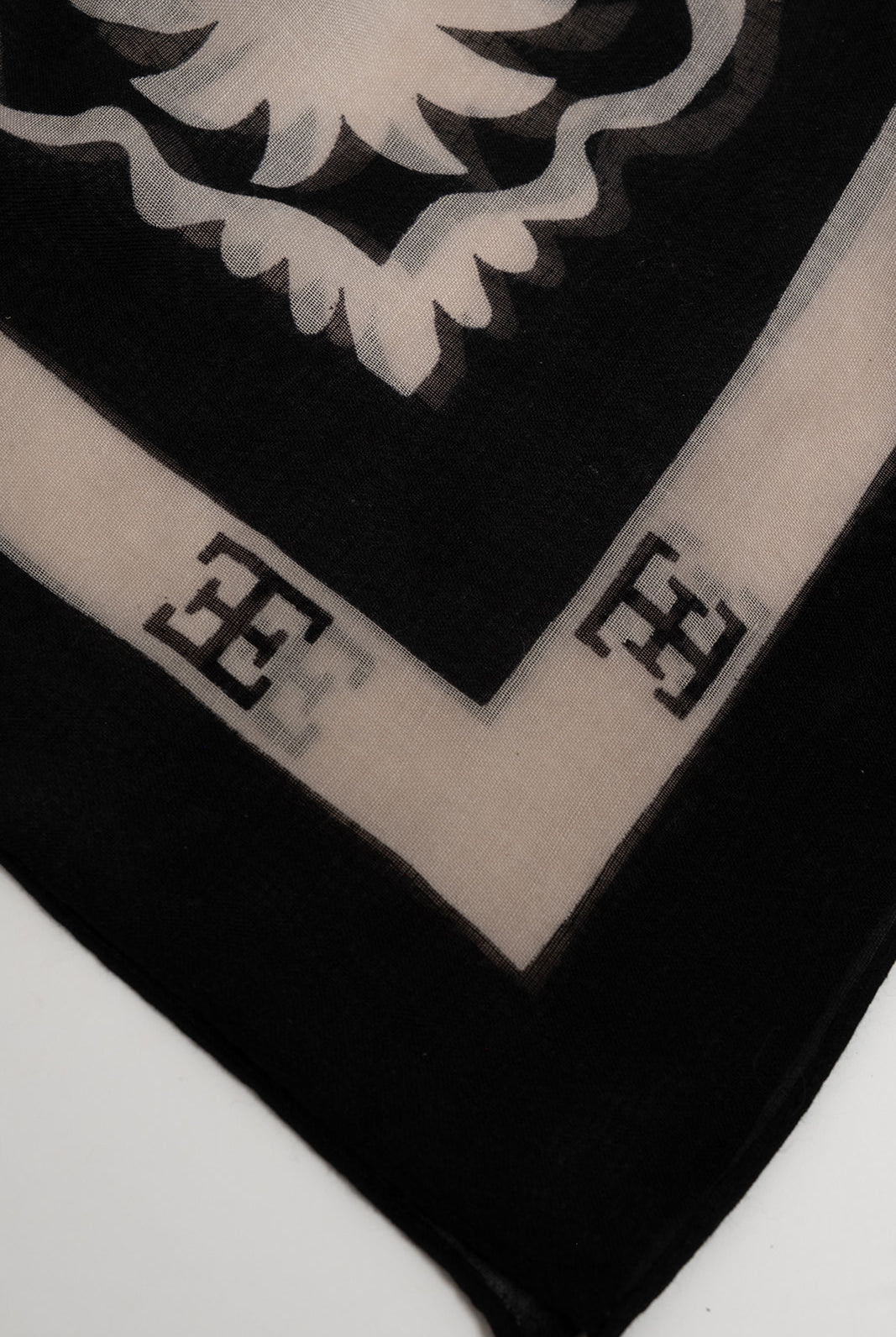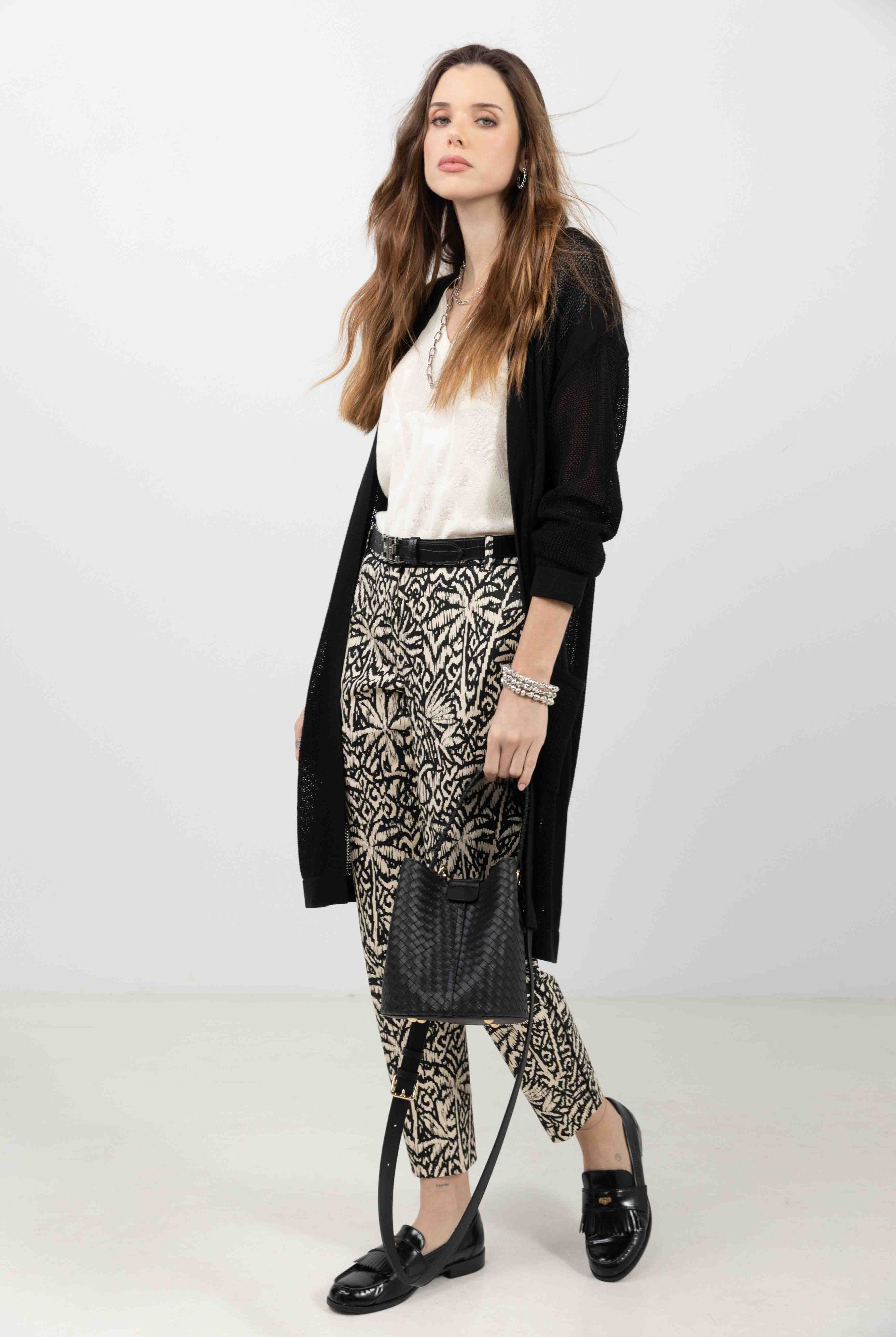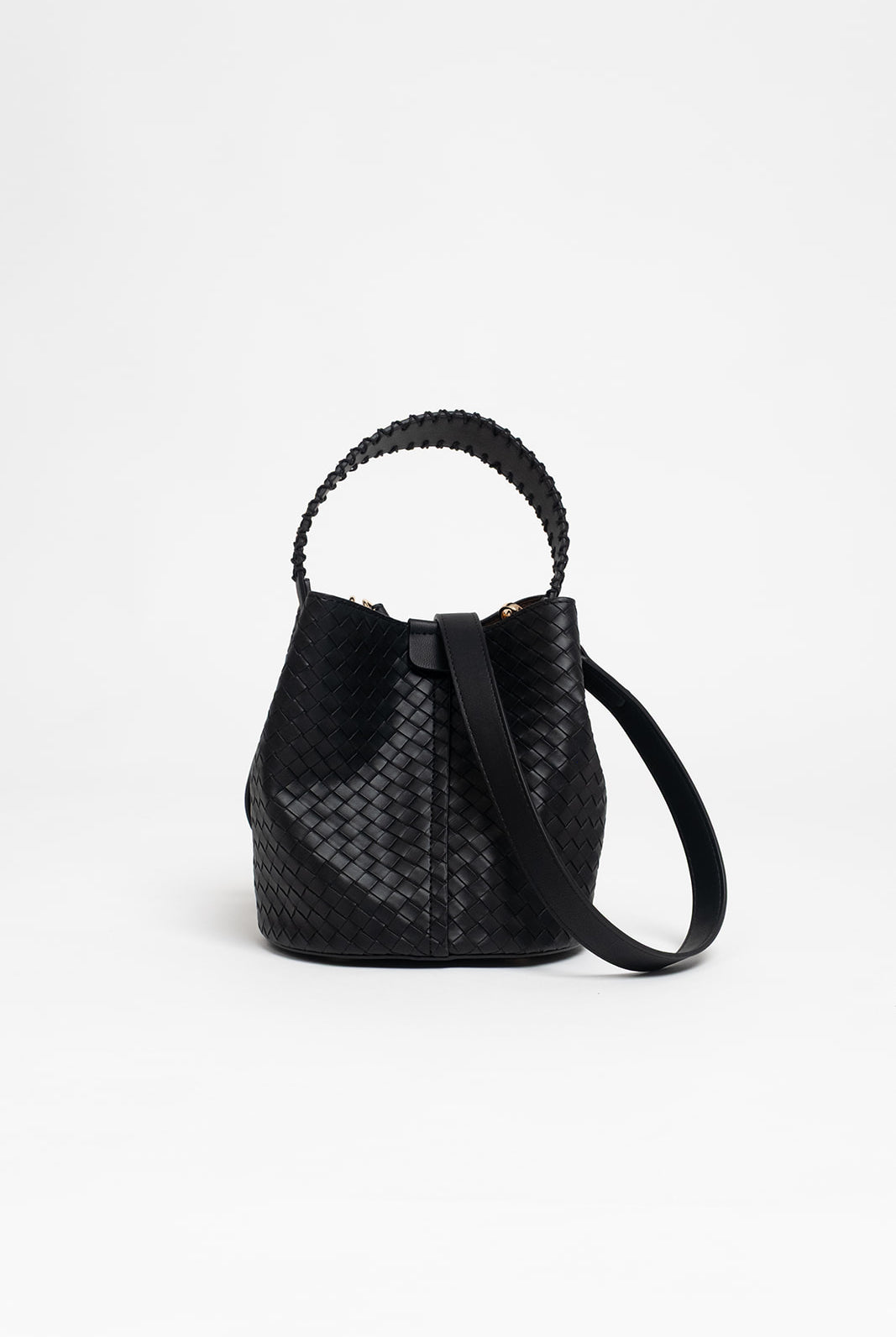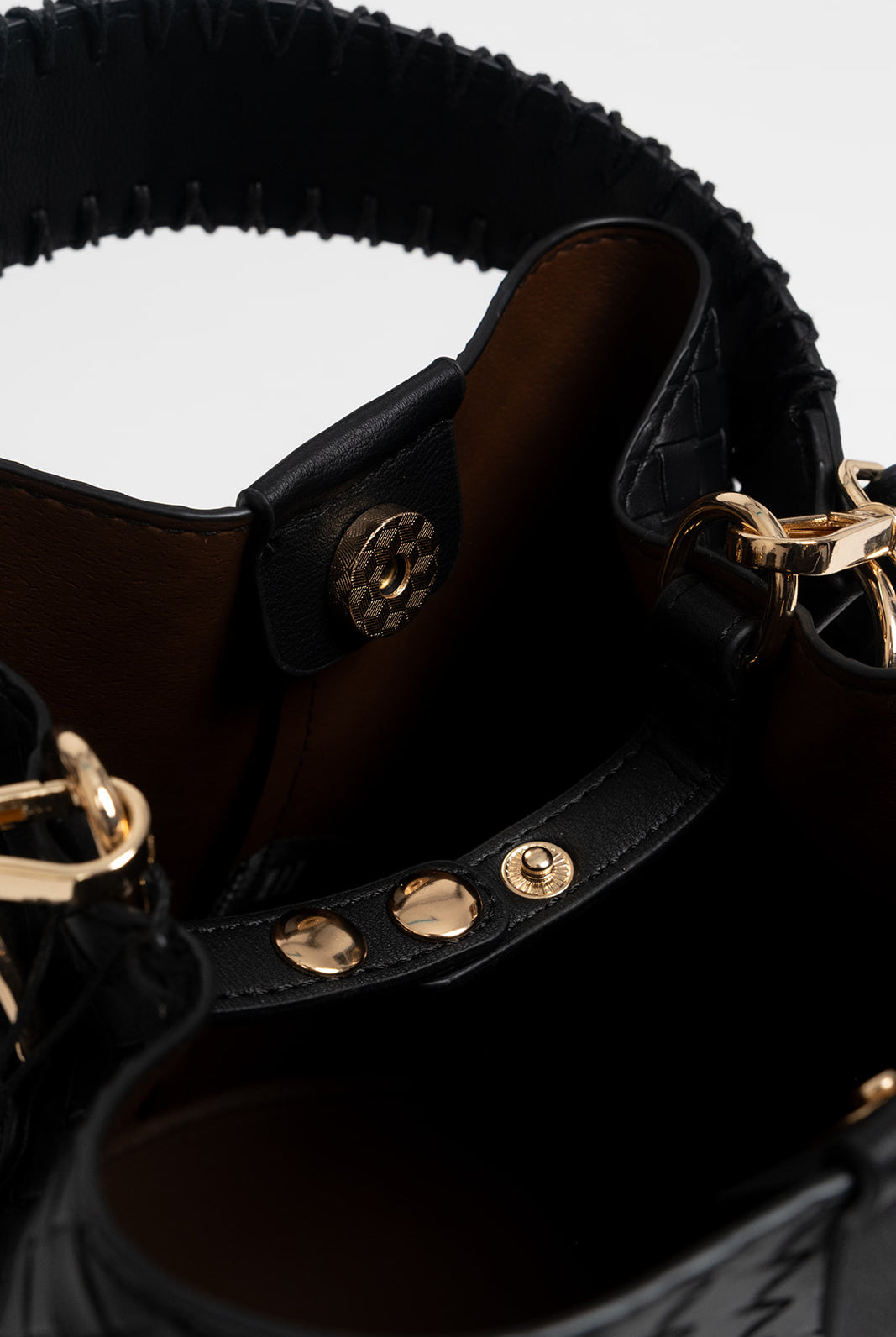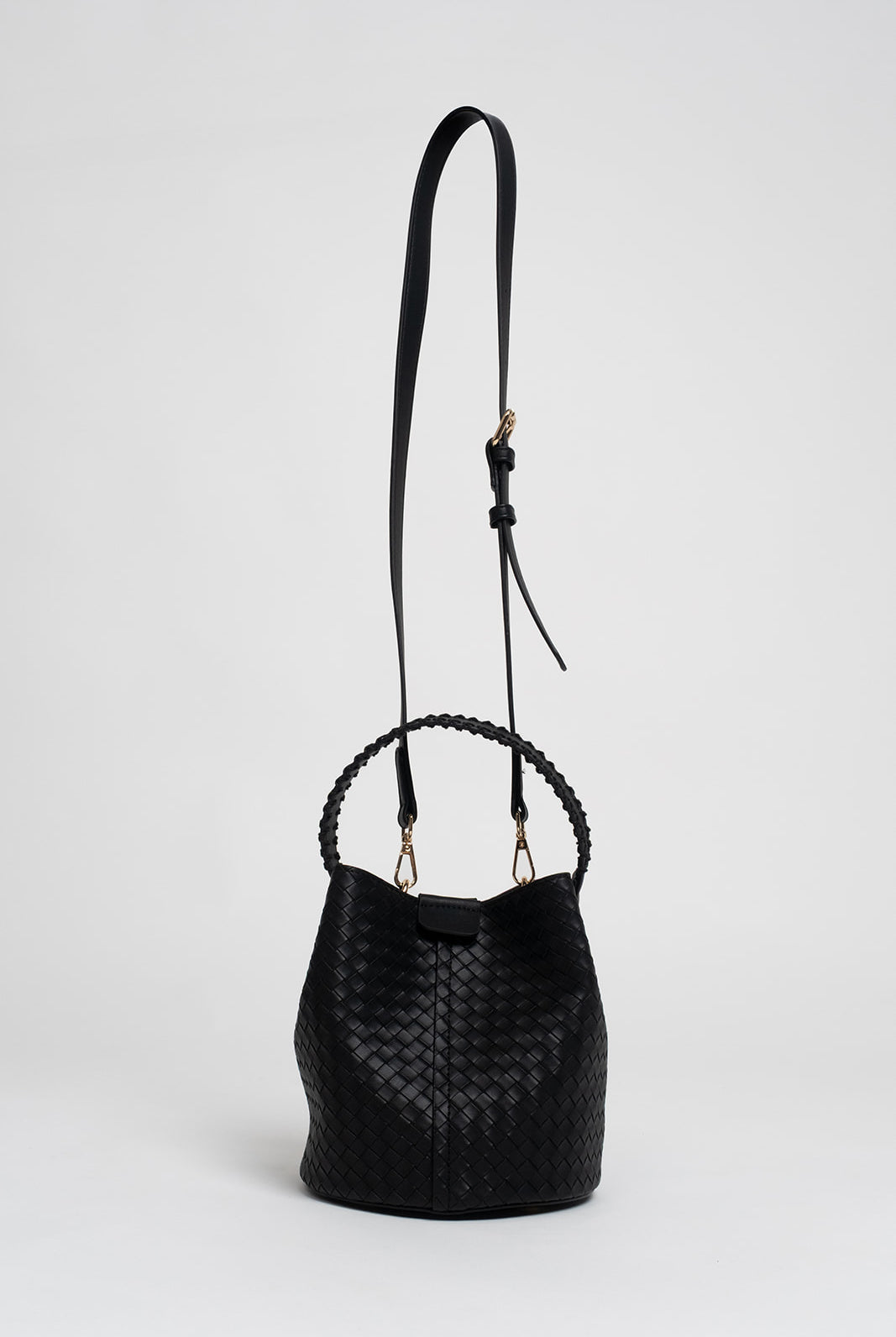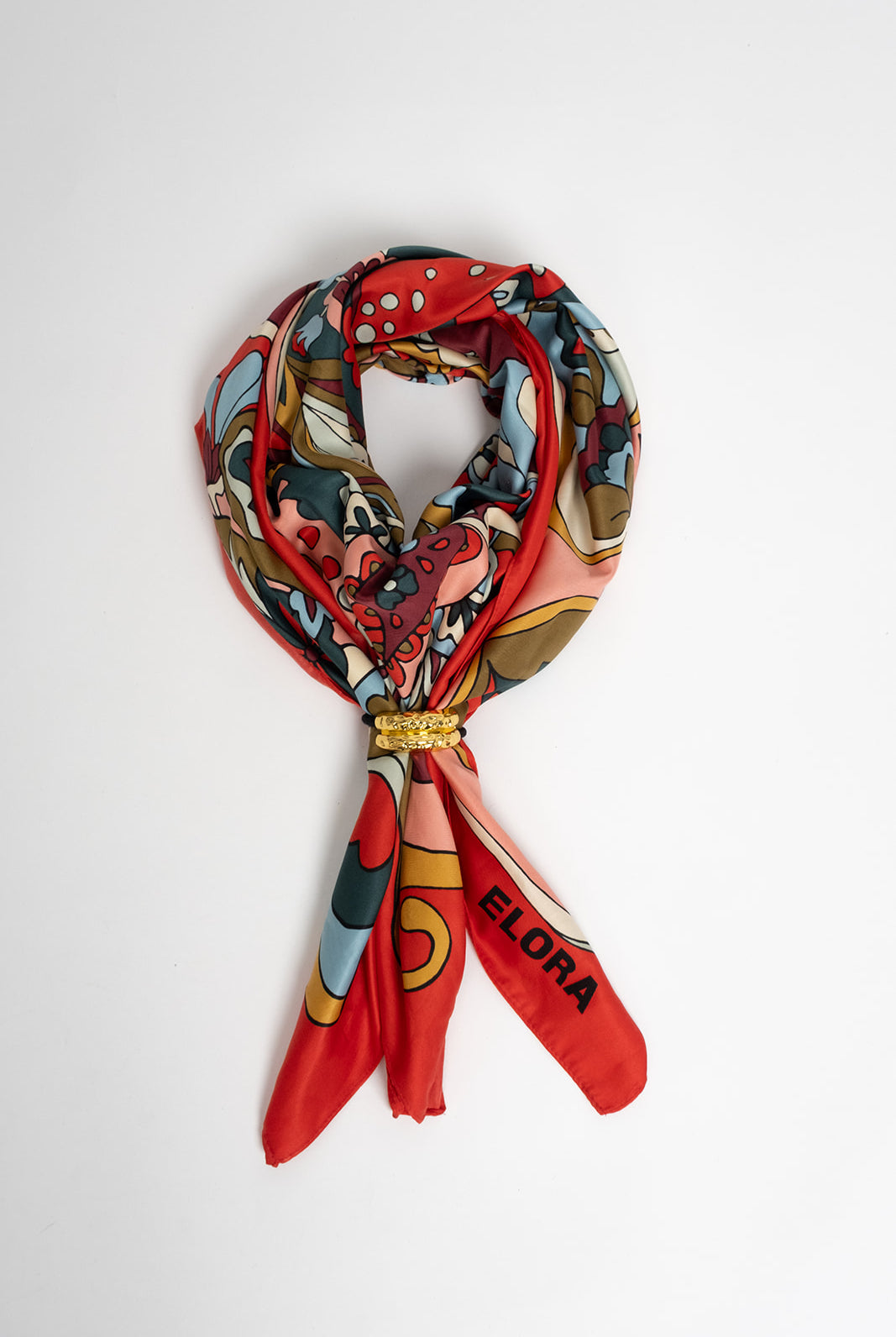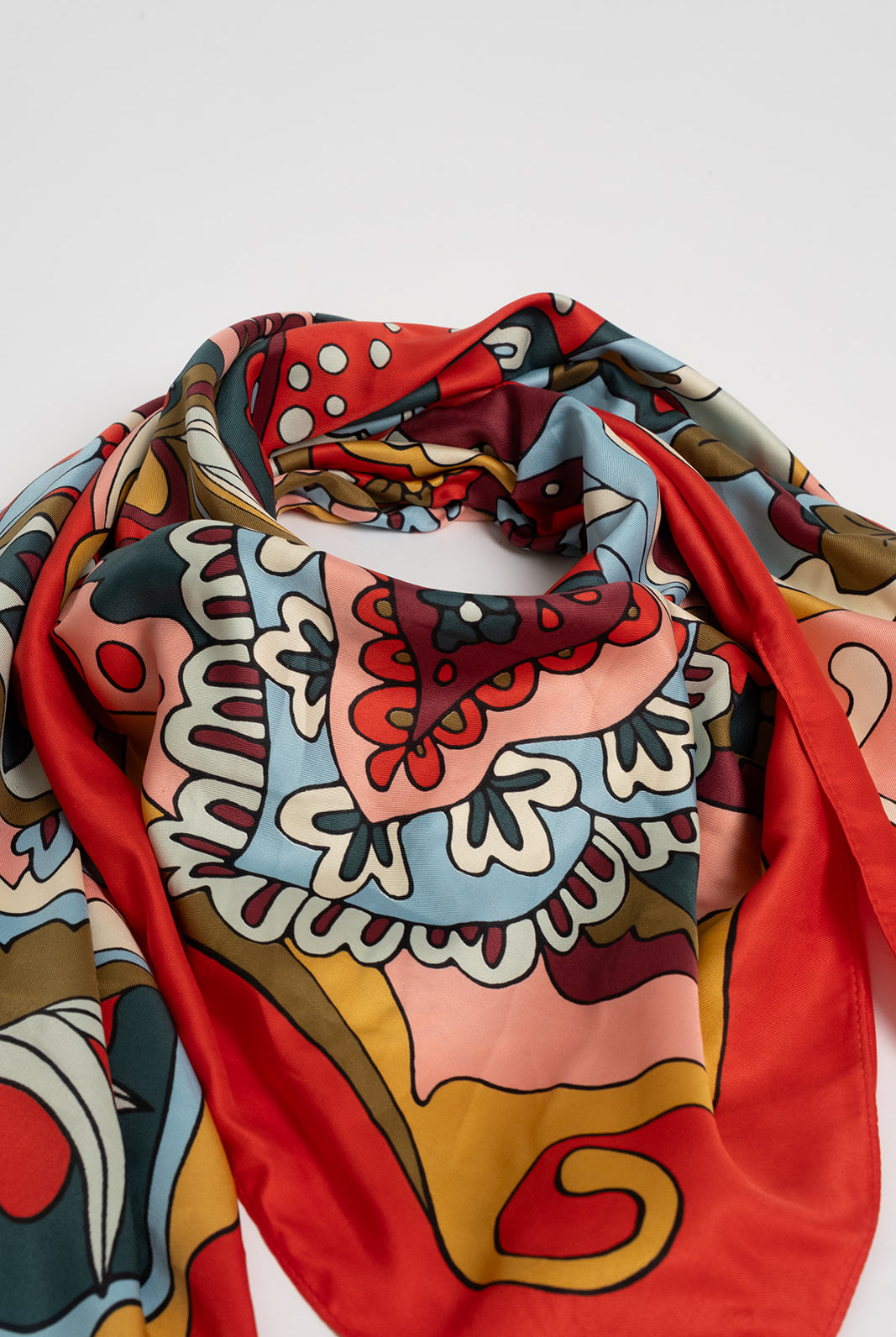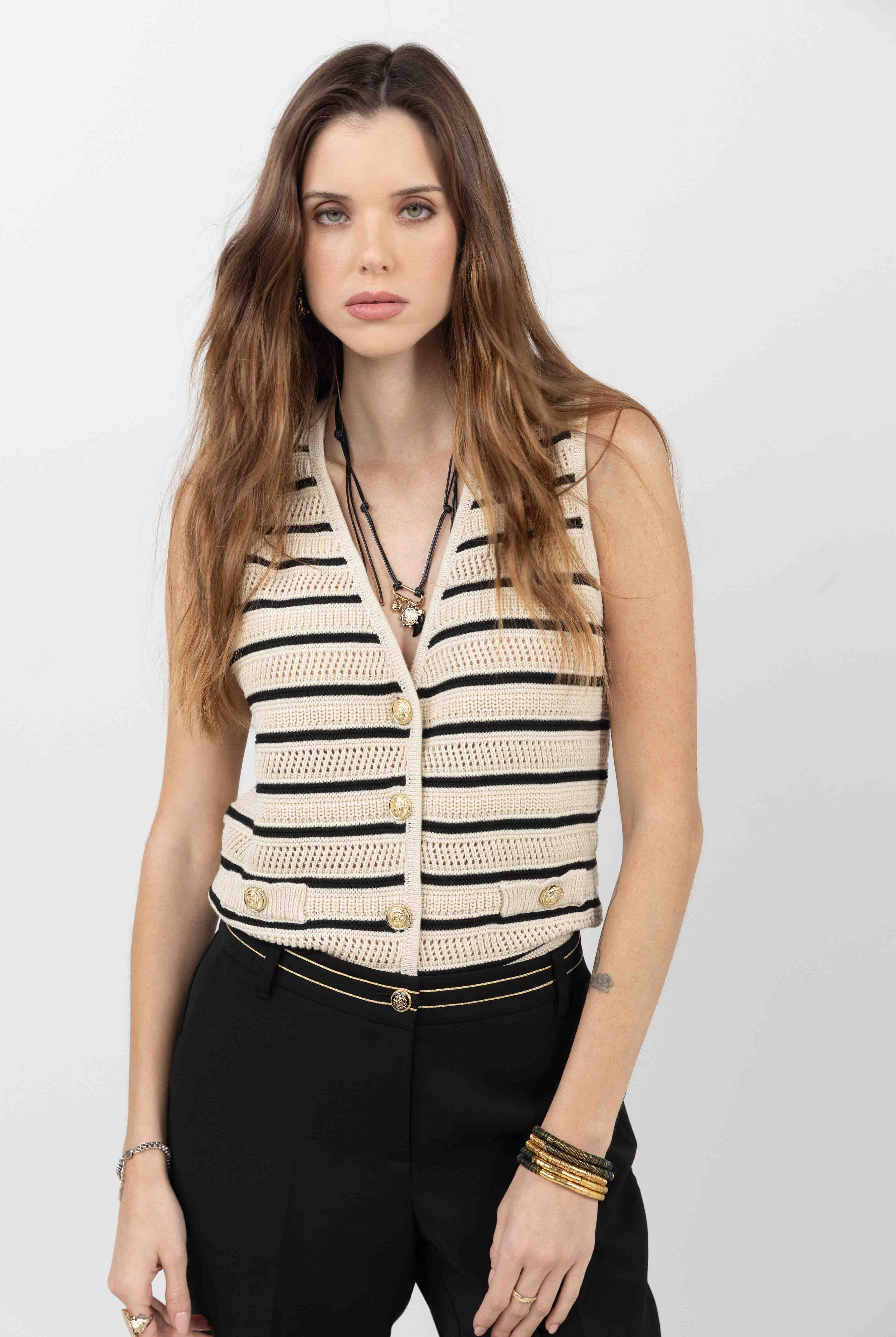Eco-responsible and sustainable fashion has been making its way into our wardrobes for a few years now, thanks to a growing ecological awareness. Responsible fashion covers different concepts, such as ethical fashion, slow fashion, circular fashion, fair fashion, and even vegan fashion. What matters most is that eco-responsible and sustainable fashion respects the environment, people, the planet, and everything around us—for a better world today and tomorrow. Here’s a quick overview of the different terms used in responsible fashion.
What is ethical fashion?
Ethics is defined by acting with morality and integrity. It means questioning where products come from, how they are made, the means used for their production, their distribution, and the conditions in which these steps are carried out. Ethical fashion ensures good working conditions for textile workers, in terms of hours, pay, and respect for workers' rights. It also considers animal welfare, environmental impact, fair pricing for consumers, and the quality of the product sold.
Inspired by fair trade and ethical principles, ethical fashion focuses on two main concerns: social and environmental. As an alternative to fast fashion, it is more respectful of people and the planet.
Fair fashion for people
Fair fashion is a little different from ethical fashion, as it prioritizes working in solidarity with disadvantaged communities. Through commercial partnerships with the brand, workers are paid fairly. The social and environmental aspects are also considered, depending on the project. Fair fashion mainly acts during the production of raw materials and the making of the product—in our case, clothing.
Eco-responsible fashion, the fashion of tomorrow?
Thanks to natural, organic, biodegradable, recycled, or even upcycled materials, eco-responsible fashion promises less polluting manufacturing conditions, with limited toxic products, reduced carbon footprint, and local production.
Designs are often zero-waste, created to accompany you for many years.
Eco-responsible fashion is built on specific approaches and values:
- Transparency;
- Fair trade;
- Social and solidarity economy;
- Collaborative economy;
- Made in France, made in Europe, local commerce;
- Organic farming;
- Natural fibers;
- Handmade;
- Ecology;
- Recycling;
- Zero waste;
- Vegan.
In the same way, certain aspects of traditional fashion are deal-breakers for an eco-friendly fashion brand:
- Intensive crop production;
- The use of toxic products;
- Overproduction;
- Social inequality;
- Child labor;
- Waste;
- Greenwashing.
Eco-friendly fashion aims to promote a responsible, supportive, ethical, and smart approach to style. By embracing all these values, eco-friendly fashion aspires to become the fashion of tomorrow.
Sustainable fashion, for wardrobes that last
The concept of sustainable fashion is directly linked to climate change. To preserve resources and limit their use, sustainable fashion also teaches its customers how to care for their clothes: maintenance, repair, swapping, second-hand, and even recycling. The goal is for garments to last for many years in the consumer's wardrobe, helping to avoid overconsumption.
Sustainable fashion is becoming increasingly present today, as environmental concerns are real. The desire to protect the planet for future generations is starting to emerge as an important factor in the process of buying clothes or accessories. Thanks to responsible collections that are both modern and mindful, consumers can combine their love of fashion with their love for nature.
